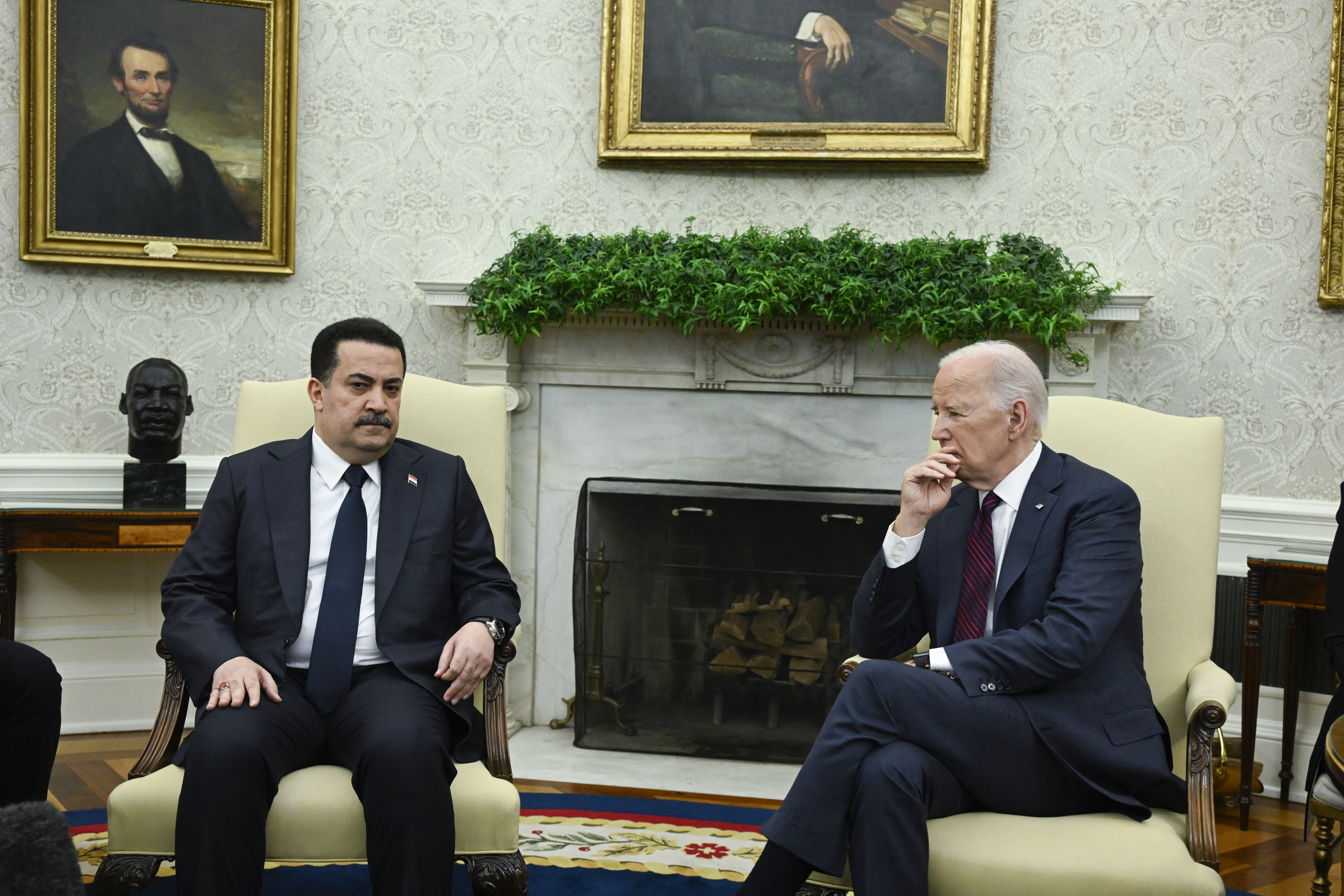U.S.-led coalition says ‘good progress’ in north Syria buffer zone

A U.S. soldier stands guard during a joint patrol with Turkish troops in the Syrian village of al-Hashisha on the outskirts of Gire Spi (Tel Abyad) town in Syrian Kurdistan, along the border with Turkey, September 8, 2019. Photo AFP
GIRE SPI, Syrian Kurdistan,— The US-led coalition said Sunday that “good progress” was being made in implementing a buffer zone in Syrian Kurdistan (Rojava) in northern Syria along the Turkish border.
Turkey and the United States last month agreed on the so-called “security mechanism” to create a buffer between the Turkish border and Syrian Kurdish areas controlled by the Kurdish People’s Protection Units (YPG).
The YPG led the US-backed Kurdish-led Syrian Democratic Forces (SDF) in battle against the Islamic State group in Syria, but Ankara views the Kurdish fighters as “terrorists”.
The Kurdish forces expelled the Islamic State from its last patch of territory in the eastern Syrian village of Baghouz in March 2019. Washington has for years supported the Kurdish forces in the fight against the Islamic State group in Syria. But in December 2018 U.S. President Donald Trump abruptly announced the pullout from Syria.
The United States and Turkey launched their first joint patrol of the border areas on September 8, but Ankara has accused Washington of stalling in the week since.
A coalition delegation on Sunday met with members of a military council in Gire Spi (Tel Abyad in Arabic), a northern town from which Kurdish forces started withdrawing late last month. Gire Spi was liberated from Islamic State by the Kurdish forces in 2015.
“We are seeing good progress for the initial phase of security mechanism activities,” the coalition said in a statement handed out to journalists.
“The coalition and SDF have conducted multiple patrols to identify and remove fortifications to address concerns from Turkey,” the statement said.
“Four joint US and Turkish military overflights” by helicopter were also carried out, it said.
Little is known about the buffer zone’s size or how it will work, although Ankara has said there would be observation posts and joint patrols.
“We will continue the removal of certain fortifications in the security mechanism area of concern to Turkey,” the coalition statement said.
Riad al-Khamis, a joint head of the Tel Abyad military council, said the SDF had withdrawn from the area, to be replaced by the local forces.
He announced US-Turkish “joint patrols in the coming days to ensure the security of the border and the area”.
“They will be joint patrols between the coalition or United States and Turkey in coordination with us, the Tal Abyad military council,” he said.
“The coalition has promised to train the military personnel (of the council) — who are from this area — and support them logistically,” he told reporters.
Turkey’s President Recep Tayyip Erdogan has threatened to go his “own way” if the buffer zone was not set up by the end of September “with our own soldiers”.
Foreign Minister Mevlut Cavusoglu on Tuesday belittled efforts to create the safe zone as largely “cosmetic”.
Turkey fears the creation of a Kurdish autonomous region or Kurdish state in Syrian Kurdistan could encourage separatism amongst its own Kurds, according to analysts.
Syria’s Kurds have established a semi-autonomous region in northeastern Syria during the country’s eight-year war.
In 2013, the Syrian Kurdish Democratic Union Party PYD — the political branch of the Kurdish People’s Protection Units (YPG) — has established three autonomous Cantons of Jazeera, Kobani and Afrin and a Kurdish government across Syrian Kurdistan in 2013. On March 17, 2016, Kurdish and Arab authorities announced the creation of a “federal region” made up of those semi-autonomous regions in Syrian Kurdistan.
Erdogan has repeatedly threatened to attack Kurdish-held areas in northern Syria, and the prospect of a US withdrawal after the territorial defeat of IS in March again stoked fears of an incursion.
Damascus labelled the first patrol last week as a flagrant “aggression” that seeks to prolong Syria’s war.
Turkey has already carried out two cross-border incursions into Syrian Kurdistan, the latest of which saw Turkish troops and Ankara’s Syrian mercenary fighters seize the northwestern enclave of Afrin last year.
In 2016, the Turkish troops entered northern Syria in an area some 100 km east of Afrin to stop the Kurdish YPG forces from extending areas under their control and connecting Syrian Kurdistan’s Kobani and Hasaka in the east with Afrin canton in the west.
In January 2018, Turkish military forces backed pro-Ankara Syrian mercenary fighters to clear the YPG from its northwestern enclave of Afrin. In March 2018, the operation was completed with the capture of the Kurdish city of Afrin.
The flags of Turkey and Syrian rebel groups were raised in the Kurdish Afrin city and a statue of Kurdish hero Kawa, a symbol of resistance against oppressors, was torn down.
Residents of the Kurdish city and Human right groups accuse Turkey and pro-Ankara mercenary fighters of ethnic cleansing, kidnappings for ransom, armed robberies and torture.
Copyright © 2019, respective author or news agency, Ekurd.net | AFP
Comments
Loading...

